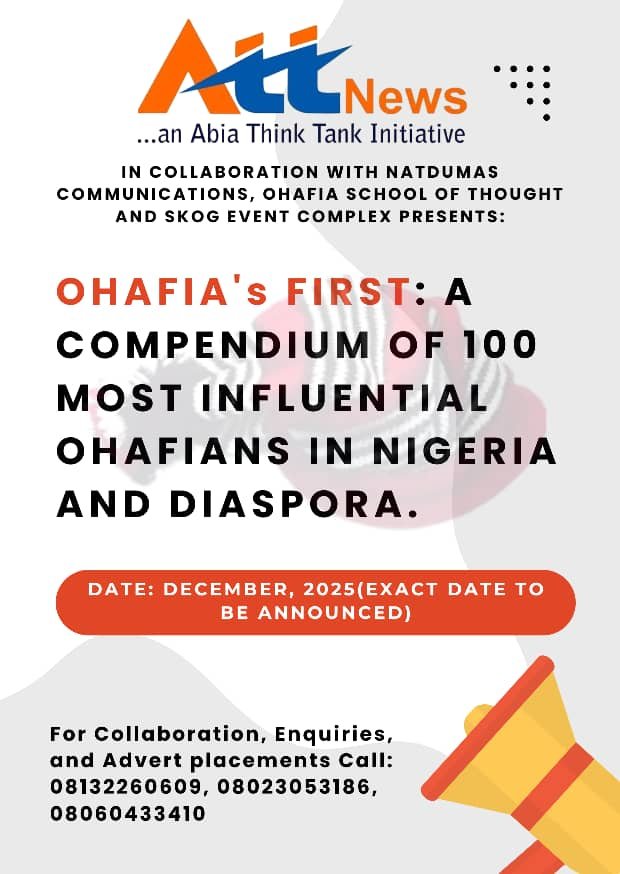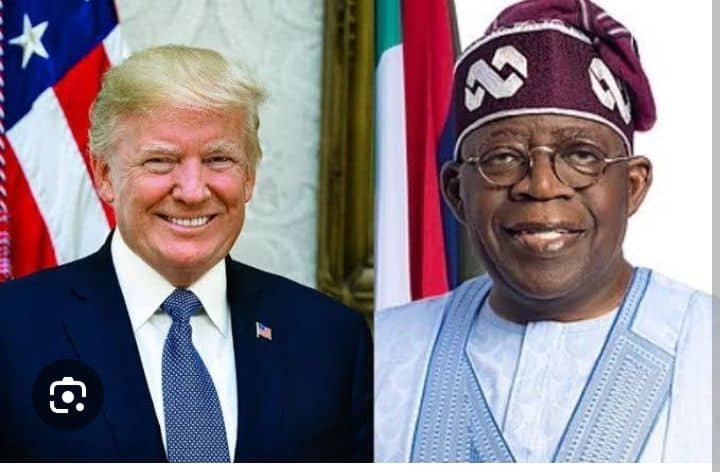Beyond Eurocentrism: A critical Analysis of Western Condemnation of Nigerian Politics
Introduction
Western condemnation of Nigeria’s political challenges ignores both historical responsibility and parallel democratic failings in their own systems. Colonial powers like Britain created Nigeria’s institutional fragility through arbitrary borders and extractive governance, while corporations such as Shell financed repression. Today, the U.S. exhibits comparable judicial partisanship through ideologically driven Supreme Court rulings and elected judges taking donor funds, alongside electoral vulnerabilities in 31 states lacking citizenship verification. Similarly, protest suppression tactics in the UK (preemptive arrests) and disinformation double standards by Meta platforms reveal systemic parallels. Selective condemnation obscures this shared accountability, absolving Western actors of their role in sustaining Nigeria’s struggles while masking their own democratic decay—demanding consistent scrutiny rather than paternalistic exceptionalism.
- Protest Suppression: Western Hands Are Not Clean
Nigeria faces valid criticism for charging #EndBadGovernance protesters with treason—a capital offense—and detaining 124 individuals beyond legal limits, denying counsel and adequate nutrition. However, Western condemnation ignores deep complicity and parallel repression. European corporations like Shell funded Nigerian military units suppressing protests, with documented payments for operations killing thousands. The U.S. deployed militarized police during Black Lives Matter protests, arresting over 10,000 in 2020. The UK’s 2023 Public Order Act enables preemptive arrests of climate activists, mirroring Nigeria’s tactics. This hypocrisy shields Western states from accountability while weaponizing human rights discourse against former colonies. - Judicial Partisanship: America’s Politicized Courts
While Nigeria’s judiciary battles perceptions of corruption, the U.S. system exhibits institutionalized partisanship. Six Republican-appointed justices dominate the Supreme Court, enabling rulings that reshape voting rights and executive power along ideological lines. Federal appeals courts show measurable bias: Democratic-appointed panels reverse Republican judges 6.9% more often than their counterparts. In 22 states—including critical battlegrounds like Pennsylvania—judges campaign as party affiliates, accepting donations from litigants later appearing before them. This structural politicization parallels Nigeria’s patronage challenges, revealing systemic vulnerabilities Western critics overlook in their own systems. - Electoral Integrity: Citizenship Verification Failures
Western lectures on Nigerian electoral flaws ignore identical vulnerabilities at home. Thirty-one U.S. states lack reliable citizenship verification for voter registration, relying on error-prone systems like SAVE that fail without immigration paperwork. A 2025 U.S. executive order admitted reliance on “self-attestation” and mandated documentary proof—validating Nigerian concerns about non-citizen voting. France and the UK disenfranchise millions of legal residents in national elections, creating democratic deficits comparable to Nigeria’s exclusionary practices. This selective scrutiny ignores shared infrastructure weaknesses while framing African elections as uniquely flawed.


- Disinformation: Shared Challenges, Selective Outrage
Condemnations of Nigerian “fake news” obscure identical Western crises. Meta enforces stricter misinformation policies in Nigeria than in the U.S., where its 2025 algorithm shift prioritizes “public interest” over containing electoral falsehoods. The U.S. and UK possess documented histories of state-sponsored disinformation—from CIA media manipulation to UK government units targeting dissidents. Nigeria’s alleged state troll farms differ only in sophistication, not intent, from Western practices. This double standard allows Western powers to weaponize disinformation narratives against Global South democracies while exempting their own tactics.
Historical Context:
The Colonial Roots of Nigerian Dysfunction
Nigeria’s governance struggles originate in colonial sabotage: Britain forcibly amalgamated 250+ ethnic groups into arbitrary borders in 1914, igniting enduring sectarian tensions. European corporations like Shell ravaged the Niger Delta’s ecology while bankrolling corrupt regimes. Britain imposed extractive governance structures designed for resource theft, not democratic accountability. Contemporary Nigerian institutions still bear the scars of this engineered fragility—a context Western critics systematically erase to peddle “failed state” tropes.
Conclusion: Toward Equitable Political Discourse
Meaningful engagement requires acknowledging three truths: First, colonial powers bear direct responsibility for Nigeria’s institutional fragility. Second, Western democracies exhibit parallel dysfunctions in judicial bias, electoral gaps, and protest suppression. Third, disinformation is a global pandemic requiring cooperative solutions, not paternalistic lectures. Until critics address their own systems’ decay and historical complicity, condemnation of Nigeria remains not just hypocritical—but actively obstructive to democratic progress. Robust discourse demands consistency, not Eurocentric exceptionalism.
Dr Chukwuemeka Ifegwu Eke writes the University of Abuja Nigeria







